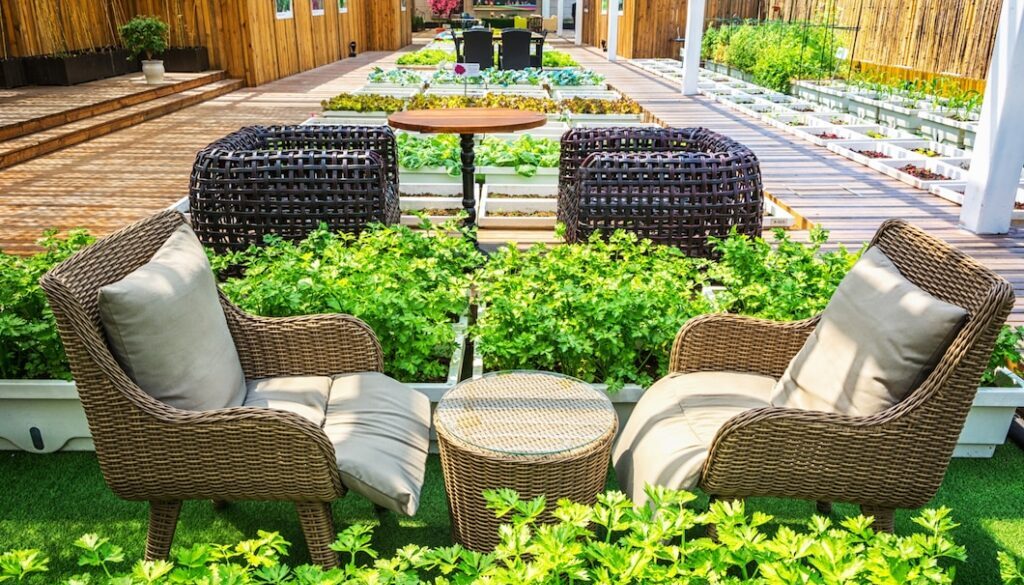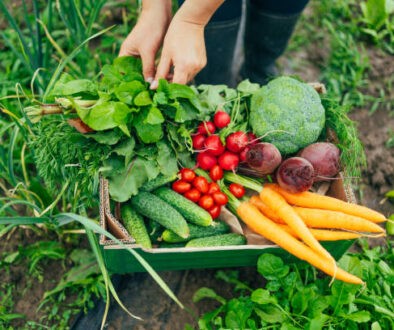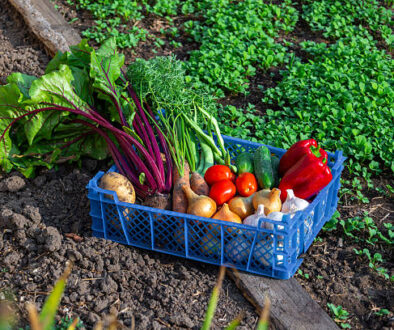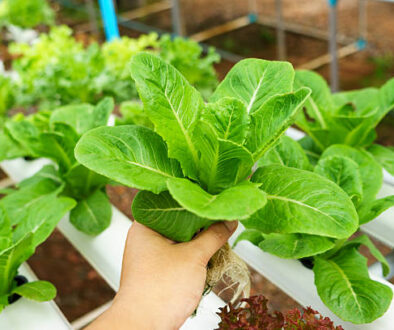15 Most Essential Medicinal Plants Every Herbal Medicine Garden Should Have
This post may contain paid and/or affiliate links. I may earn a small commission at no extra cost to you.
If you’ve been thinking about starting a herbal medicine garden right from your backyard, then this guide is just for you, so do me a favor, read till the end..
I’ll walk you through 15 must-have medicinal plants that fit perfectly in any healing herb garden or medical garden.
With the right healing garden, your medicinal herb garden can become both beautiful and more practical.
So let’s see what we’ve got here.
Related:
- Why Having a Medicine Herbs Garden at Home is The Best Thing You Can Do
- The Most Important Thing That’s Probably Missing From Your Backyard
- Common Mistakes to Avoid When Growing a Medicinal Herb Garden at Home
1. Aloe Vera
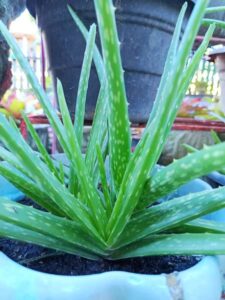
You can’t talk about medicinal plants without starting with aloe vera.
It’s the go-to for burns, cuts, and soothing skin irritations.
Easy to grow, this plant thrives in pots or directly in the soil.
Plus, it adds a fresh, green touch to your herbal medicine garden.
2. Chamomile
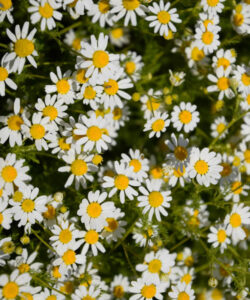
Who doesn’t love a warm cup of chamomile tea before bed?
Growing chamomile in your medicinal herb garden means you always have a natural remedy for stress, mild anxiety, and stomach issues.
The little daisy-like flowers also make your healing garden design look charming.
3. Peppermint
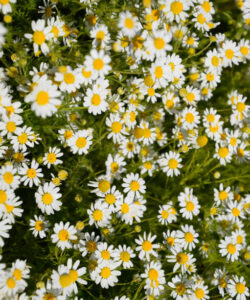
If you’re aiming for both beauty and function, peppermint should be on your list.
This aromatic herb relieves headaches, aids digestion, and clears sinuses.
💡Quick Note: You have to see these 100+ tips to save money in your house that you are paying needlessly right now. Click Here To See Now!
The best part? It spreads easily, filling your medical garden with fresh fragrance.
Just watch out, it likes to take over space fast.
4. Lavender
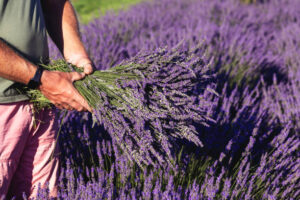
Lavender is perfect for anyone who wants a healing herb garden that smells amazing.
It helps with sleep, relaxation, and even repels mosquitoes.
The purple blooms also add color and texture to your healing garden design, making it as peaceful as it is practical.
5. Echinacea – Immune System Boost
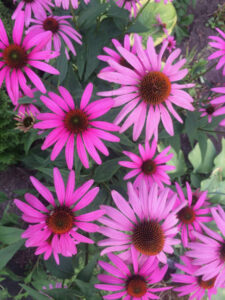
This flower doesn’t just look pretty; it’s a powerhouse for your immune system.
Echinacea tea or tinctures can help your body fight colds faster.
If you’re serious about building a strong herbal medicine garden, echinacea deserves a top spot.
6. Calendula
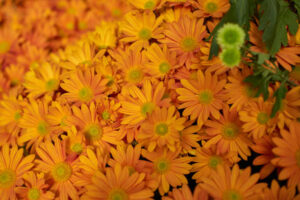
Calendula brings cheerful orange and yellow flowers to your herbal garden while working wonders on skin issues.
From soothing rashes to speeding up healing, it’s a plant you’ll always reach for.
It’s also great for garden companion planting, since it repels pests naturally.
7. Lemon Balm
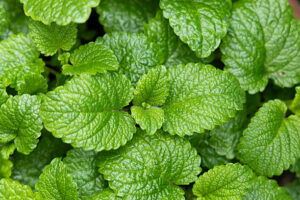
This citrus-scented herb is like sunshine in plant form.
Lemon balm reduces anxiety, supports sleep, and helps with mild digestive issues.
Imagine stepping into your medicinal herb garden and grabbing fresh leaves for tea; that’s pure comfort.
8. Rosemary – The Memory Booster
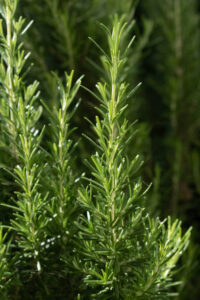
Rosemary isn’t just for cooking; it’s also known for improving focus and memory.
Keeping this hardy herb in your medicine garden means you can add both flavor and brain-boosting benefits to your daily routine.
Plus, it thrives in pots if space is limited.
9. Thyme – A Natural Antiseptic
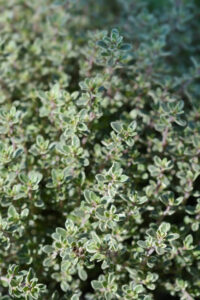
Tiny but mighty, thyme is rich in natural antiseptic properties.
It helps with coughs and respiratory infections.
In your herbal garden, thyme works well with other herbs in garden companion planting, keeping your plants healthy while supporting your health, too.
10. Sage
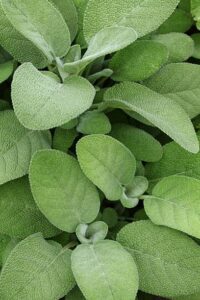
Used for centuries in traditional remedies, sage supports digestion, sore throats, and even memory.
Growing sage in your medical garden connects you with ancient herbal traditions while giving you fresh leaves for teas or natural remedies.
11. Ginger
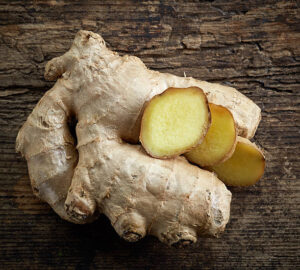
If you’ve got room in your healing herb garden, ginger is worth it.
Fresh ginger root fights nausea, inflammation, and colds.
It takes some patience to grow, but once it’s ready, you’ll be glad you added it to your medicinal plants list.
12. Turmeric
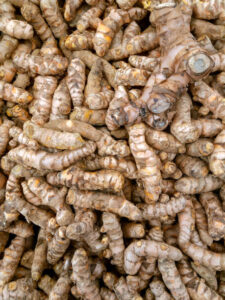
Turmeric is famous for its anti-inflammatory and antioxidant powers.
Adding it to your medicinal herb garden gives you access to fresh roots you can use in teas, soups, or golden milk.
Its vibrant color also makes your healing garden design more lively.
13. Basil
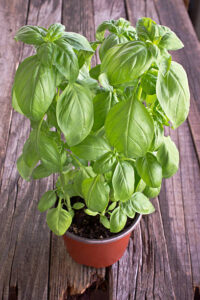
Beyond being a kitchen favorite, basil is a natural stress reliever and digestion aid.
With so many varieties, basil adds flavor, fragrance, and wellness benefits to your herbal garden.
It’s also an excellent choice for garden companion planting, protecting other plants from pests.
14. Garlic
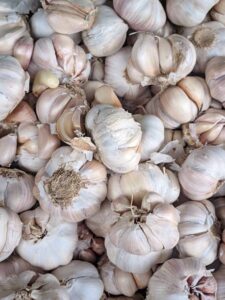
Garlic is a must-have for any medicine garden.
Known as a natural antibiotic, it supports heart health and strengthens your immune system.
Planting garlic is simple, and the rewards are huge. You’ll always have a healing superfood on hand.
15. Holy Basil (Tulsi)
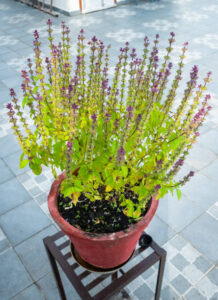
Tulsi is treasured in many cultures for its spiritual and healing properties.
It helps with stress, supports immunity, and purifies the air around your herbal medicine garden.
Adding Tulsi creates balance and brings a sacred energy to your healing herb garden.
💡Quick Note: You have to see these 100+ tips to save money in your house that you are paying needlessly right now. Click Here To See!
——-
Conclusion
Creating a herbal medicine garden filled with essential medicinal plants isn’t just about growing herbs—it’s about growing wellness.
Each plant serves a purpose, from boosting immunity to calming your mind.
With thoughtful healing garden design and smart garden companion planting, your medicinal herb garden becomes a space where nature supports your everyday health.
FAQs
- What is the easiest medicinal plant to grow in a home garden?
Aloe vera is the easiest—it thrives with little care and grows well indoors or outdoors. - Can I mix medicinal plants with vegetables in my garden?
Yes! Using garden companion planting, herbs like basil, thyme, and garlic actually protect your vegetables from pests. - How much space do I need for a medicinal herb garden?
Not much. You can start a small herbal medicine garden with just a few pots on a balcony or a corner in your backyard. - Do I need special soil for medicinal plants?
Most medicinal plants grow well in regular garden soil as long as it drains properly. Adding compost improves their growth and strength.
